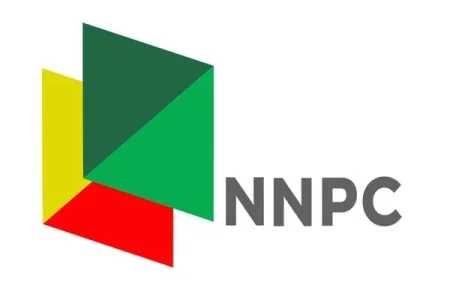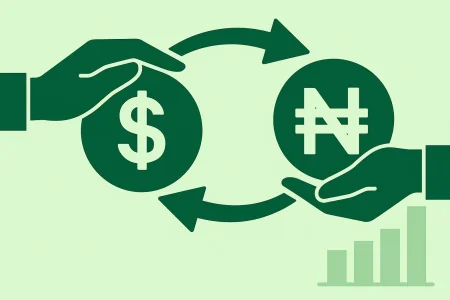
The Nigerian National Petroleum Company Limited (NNPC) ended its exclusive purchasing agreement with Dangote Refinery, allowing other fuel marketers to buy petrol directly. This move aims to enhance market competition, improve supply chain stability, and provide consumers with better pricing options amidst ongoing economic challenges.
The Nigerian National Petroleum Company Limited (NNPC) has announced the end of its exclusive purchasing agreement with Dangote Refinery, marking a significant shift in the country's fuel market. This decision allows other fuel marketers to purchase petrol directly from the refinery, promoting competition and aiming to enhance supply chain stability.
Sources close to the situation revealed that NNPC will no longer act as the sole buyer for petrol from Dangote Refinery. This change empowers marketers to negotiate prices directly with the refinery based on current market conditions, removing the necessity of relying on NNPC as an intermediary.
An official from NNPC confirmed the news, stating, “Yes, it is true. We can no longer continue to bear that burden.” This reflects the growing challenges faced by the NNPC, which has traditionally operated under a monopoly structure. The restructuring seeks to alleviate some of this pressure and foster a more competitive marketplace.
Previously, when Dangote Refinery began processing petrol in September, NNPC was the only entity authorized to purchase and resell fuel to marketers, who would then distribute it throughout Nigeria. Under this arrangement, the NNPC acquired petrol from the refinery at N898.78 per litre, selling it to marketers at N765.99 per litre while absorbing a subsidy of approximately N133 per litre.
This subsidy model has faced criticism and raised concerns regarding its sustainability, especially as Nigeria grapples with economic issues and a depreciating currency. By relinquishing its monopoly, the NNPC aims to create a more efficient and competitive environment that could lead to better prices for consumers.
The impact of this change is substantial. Fuel marketers now have the authority to negotiate terms directly with Dangote Refinery, which could spur innovation and enhance efficiency in the petroleum sector. This move may also help alleviate the frequent fuel shortages that have affected Nigeria, as a more competitive market could improve distribution networks and service reliability.
As Nigeria's economy strives for stability amidst challenges such as inflation and a weakening naira, the termination of NNPC's exclusive purchasing deal with Dangote Refinery represents a crucial step toward liberalizing the fuel market. The success of this transition will depend on how well marketers utilize this new opportunity and whether they can ensure a consistent supply of petrol to meet the country’s demands.
The focus now shifts to how other players in the fuel sector will respond to this change and what measures will be implemented to guarantee that Nigerian consumers benefit from a more competitive and transparent fuel market.




![[VIDEO] Nigeria-France Tax Pact Raises Alarm Over Economic Sovereignty, Data Security](/data/attachments/225/225994-433fd4353d39d53ea38688e6df225ee8.jpg?hash=9cyHdrZTdo)